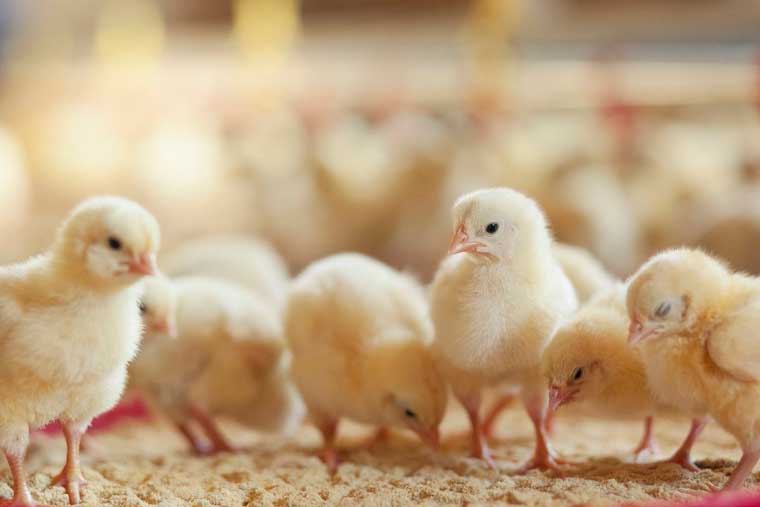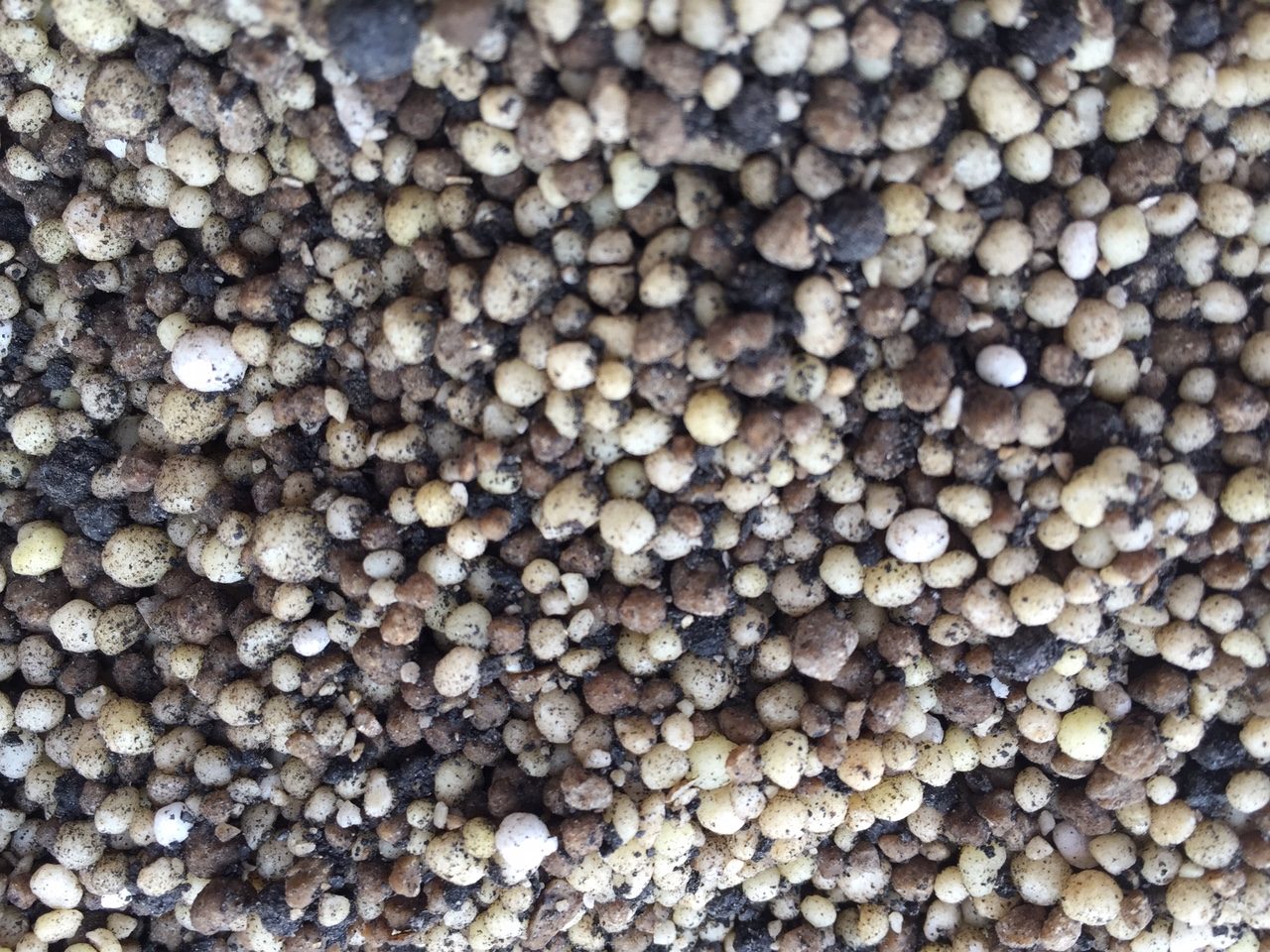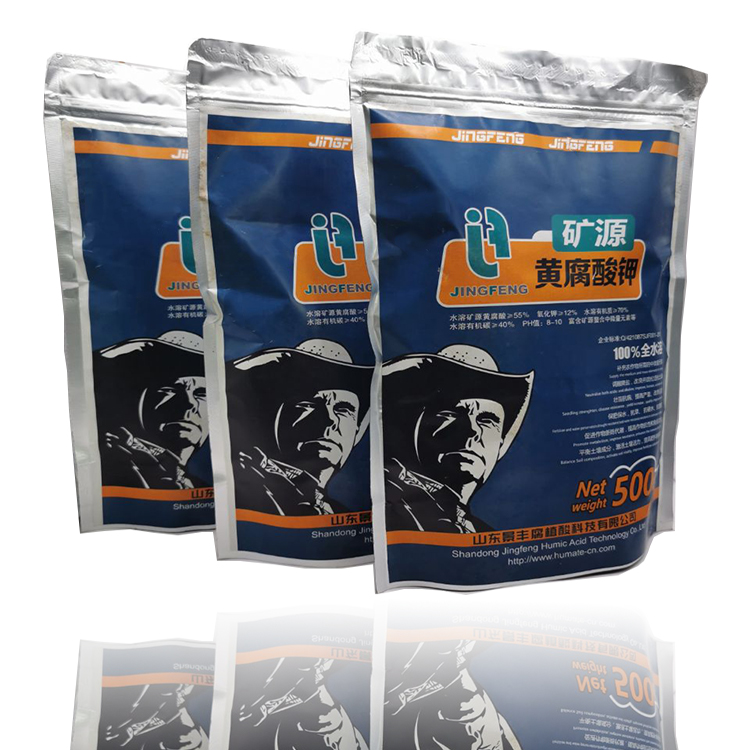 Effect of sodium humate on dairy cows
Effect of sodium humate on dairy cows
Adding a certain amount of sodium humate to the feed of dairy cows, has obvious effect on preventing dairy inflammation and increasing milk yield.
- The reason may be that, the addition of sodium humate additive feed during lactation will lead to the decrease of somatic cells in milk for a short time. And then the immune function will be activated quickly. Which is manifested in the increase of lymphocytes collected in blood, and the migration of group cells to a large number of cells. So the number of somatic cells in milk will increase. Thus improving the cellular immune ability of the body.
- Due to the sharp increase of whey protein content, the contents of immunoglobulin and serum protein transferred from blood into milk increased. Thus improving the humoral immune function of the body. It provides a theoretical basis for the effective prevention and treatment of stevitis in dairy cows with sodium humate feed additive.
- The method of sodium humate mixture had a good effect on the prevention and treatment of hidden and clinical inflammation in dairy cows. Compared with before and after administration, the incidence of inflammation decreased significantly in the experimental group (31.58% to 23.68%). And increased significantly (36% to 45.32%) in the control group. After taking sodium humate, the total number of white blood cells in blood increased significantly. Especially the transformation rate of lymphocytes increased from 47.5% to 57%.
- It is suggested that sodium humate can enhance the cellular immune function of the body. Feeding each cow with sodium humate additive 25g per day. Which has a good effect on the prevention and treatment of recessive inflammation. The positive rate in the milk area of the experimental group decreased from 53.57% to 40%. While that of the control group did not change significantly (about 78%).
Effect of bio-fulvic acid on dairy cows
The bio fulvic acid was directly mixed into the mixed concentrate of infected cattle twice a day . For the first time 200-250g/cow, and then 150g/ cow each time. The results showed that adding biochemical fulvic acid to the diet of dairy cows could significantly increase the milk yield of dairy cows by 1.82-3.81 kg per day. At the same time, the incidence of cryptic inflammation in dairy cows was reduced.





